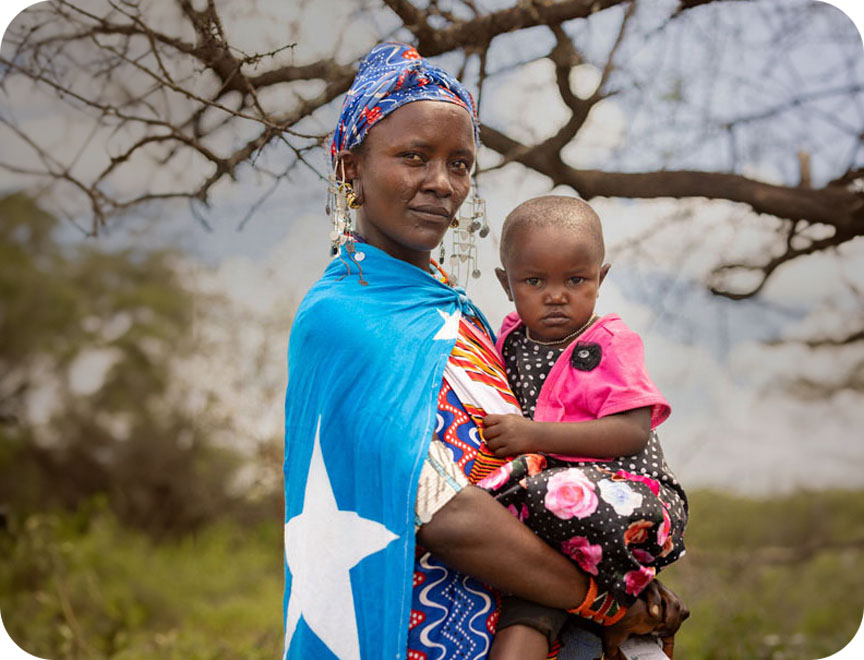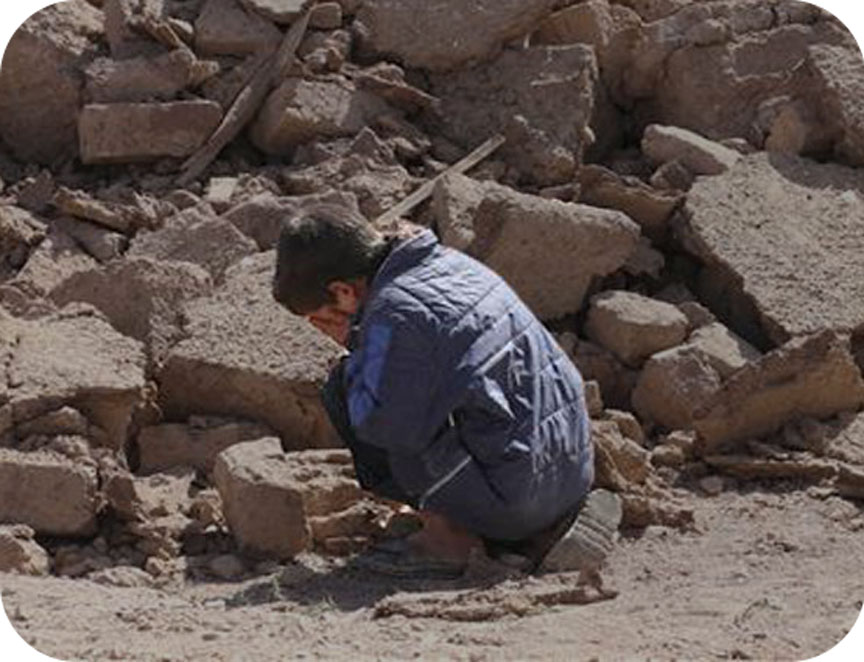Recent media reports have raised serious allegations and criticisms about the fundraising methods of charities. It is deeply regrettable that the alleged actions and attitudes of a small number of operators, and the sensationalist reporting of these instances, are damaging the Australian charitable sector.
ChildFund Australia does not carry out, and is opposed to, any fundraising practices that try to pressure or deceive the public or that target vulnerable people. Comments, attitudes and conduct that are demeaning or disrespectful to members of the public are not acceptable.
ChildFund’s bequest fundraising strategy invites supporters to consider leaving money in their will and strongly emphasises that this only be considered ‘after providing for one’s family’. Any communication between ChildFund staff and supporters who have informed us that they intend to leave a legacy to the organisation are done with the consent of that individual.
Employees of ChildFund attend professional conferences to learn about good fundraising practices. ChildFund staff do not agree with, or condone, the views of every conference speaker at every event attended.
ChildFund strongly endorses the establishment of the new Australian Charities and Not-for-profits Commission as a means to provide uniform regulation and reporting for charities.
ChildFund wholeheartedly supports transparency and public accountability, which can be demonstrated by our membership of the Australian Council for International Development (ACFID), and its requirement for members to abide by a Code of Conduct, and the fact that we are fully accredited by the Australian Agency for International Development (AusAID). Our latest annual report and financial statement can be found here.
ChildFund Australia’s organisational fundraising standards include:
- ChildFund Australia uses fundraising methods that inform people about global child poverty and ask for their support. ChildFund respects people’s right to choose not to support the organisation.
- ChildFund Australia does not employ or condone methods that target vulnerable people or apply coercive pressure.
- ChildFund Australia complies with Privacy Law and only uses data and records for fundraising for which consent has been given.
- ChildFund Australia is committed to providing information about the organisation’s fundraising methods to members of the public, journalists, supporters and others with a legitimate interest.
- ChildFund Australia regularly reviews its fundraising strategies and costs, and monitors the conduct of staff, third-party fundraising companies and others involved in fundraising on behalf of ChildFund.
- ChildFund Australia requires that all staff and third-party fundraisers comply with the Fundraising Institute Australia (FIA) Principles & Standards of Fundraising Practice, the ACFID Code of Conduct, relevant ChildFund policies, as well as all relevant state and federal regulations. Any alleged or confirmed breaches of good conduct are taken seriously and investigated.
ChildFund Australia’s bequest fundraising practices include:
- ChildFund Australia prohibits the practice of accompanying potential donors to the bank or to see their lawyer or other place to facilitate payment.
- At no time does ChildFund attempt to influence or provide incentives to lawyers.
ChildFund Australia takes seriously any complaint, criticism or allegation by a supporter, member of the public, journalist or other person. ChildFund will continue to review its methods and controls, and will continue to work with the FIA and ACFID to ensure the best possible ethical conduct in fundraising activity.


























